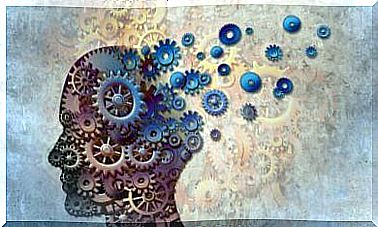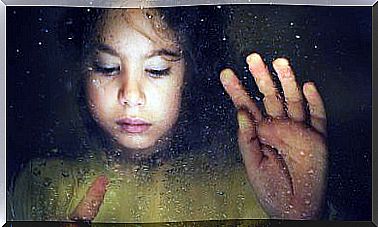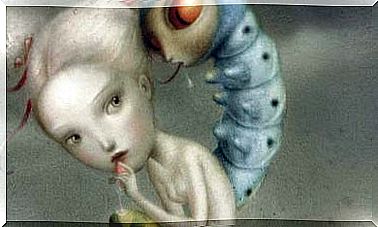Is Narcissism Innate Or Acquired? Science Has The Answer

Is narcissism innate or acquired? This is a question that many of us often ask ourselves given the impact this disorder has on our society. Despite this, we know from psychology that narcissistic personality disorder affects only 1% of the population. However, there are different subtypes and typologies that would already define more men and women.
Airs of superiority, manipulation, weak empathy, arrogant behavior, need for admiration… Most of us know firsthand this constellation of characteristics that sculpt this profile.
Executives, colleagues, friends and even partners… Living with a narcissist can be very damaging. Surviving him, trying to turn the page after his absence, often means having to treat multiple wounds.
Dr Theodore Millon, a pioneer in the study of personality, has already pointed out that this type of behavior could develop in our society over time.
He also told us that there were more and more of them that were more harmful. Prosocial narcissists are the most adaptive in their class. For their part, the anti-social would be those who show more arrogance, aggressiveness, by assuming a social risk for others.
Now, why did Dr. Millon point out in his book Personality Disorders in Modern Life that the number of narcissists was going to increase in the future? Is it because of something genetic? Or is it perhaps the environment that carves this type of harmful behavior? Let’s see that below .

Is narcissism innate or acquired?
When asked if narcissism is innate or acquired, the science seems to be clear: it is acquired. For decades, it has been suspected that children’s education and social context play a role in the emergence of this profile. However, over time, it seems that we understand a little better the dynamics, situations and circumstances that mark it.
Initially, throughout the 20th century, the idea was conceived that a deficient parenting style, without closeness, without attachment and without security, led the child to develop narcissistic feelings. It is psychoanalysis which, in a certain way, made us believe that those who did not receive love in childhood seek in adulthood the strengthening of others and concentrate all eyes, affections and admiration on their own person.
Dr Eddie Brummelmah and his team at Utrecht University conducted an interesting investigation in which they demonstrated something very different. It is not the lack of parental affection that generates narcissistic behavior, it is quite the opposite. Overprotection, excessive consent, and lack of limits make children believe that they are above everyone else.
This type of education places them on a pedestal where they assume that they are beings with exclusive rights, privileged creatures. In addition, this research has found that it is around the age of 7 and 12 that we can already measure and observe narcissistic behavior in a child. This is when the sense of self emerges and the perception of being conceived as special boys and girls, as people who deserve more than others.
The danger of parental overvaluation
Most societies think of narcissists as a product of the environment. In this sense, there is often a controversy about putting all the responsibility on the shoulders of the parents.
- Is there a problem in making our children understand that they are loved, that they are special and that they deserve the best? The answer is no. In fact, educating our children through affection, constant reinforcement and the best care is beneficial for their well-being.
- The problem, however, is overvaluation. By making the child believe “ that he is better than the others and that he deserves more than anyone ”. This is where the danger lies
- On the other hand, another factor may occur. Parents themselves can also exhibit narcissistic behavior. Children will eventually emulate these same patterns, internalizing them and making them theirs for better or for worse.

Is narcissism innate or acquired? Remember that our society also educates
Psychologist W. Keith Campbell has written a very interesting book called The Narcissism epidemic: Living in the Age of Entitlement . We must therefore first understand that narcissism is located in a spectrum. Individuals can only exhibit certain narcissistic traits. Others are part of that 1% that defines narcissistic personality disorder.
It is important to understand that it is not only the family that influences. Society educates us and shapes us too. In fact, in recent years we have witnessed a greater cult of the “I”, of the constant search for like in order to strengthen ego and self-esteem. Many of these spheres are breeding grounds for the creation of neonarcissists with alarming frequency.
Let’s be clear, narcissists are not happy people. Not only do they generate suffering for others, but they themselves are eternally dissatisfied. These are people who fight over and over again with their own frustration.
In conclusion, when it comes to whether narcissism is innate or learned, we all know the answer. So let’s try to educate the new generations in the right way. With empathy, respect and altruism, they will have the right dimensions to start their life.










